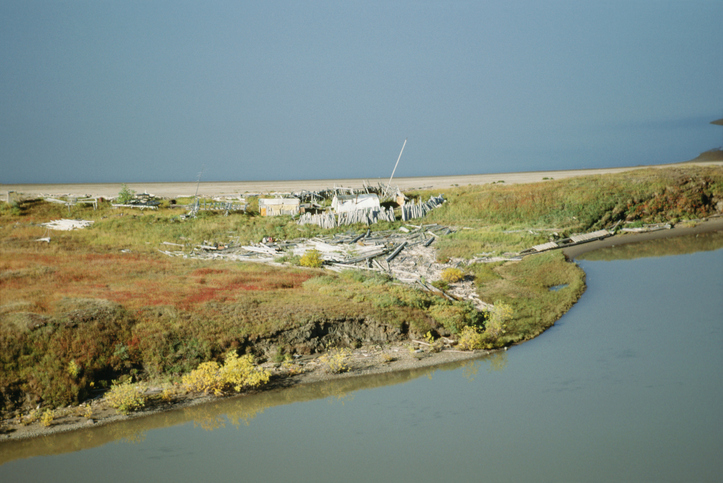North West Territories has announced funding for new monitoring and research projects, including an investigation of arsenic pollution in lakes near Yellowknife.
A total of 13 new environmental monitoring and research projects have been awarded funding through the Northwest Territories Cumulative Impact Program (NWT CIMP).
Announced on World Environment Day by Environment and Natural Resources Minister Robert C. McLeod, the 13 new projects funded during the 2017-2018 fiscal year will be led by First Nations, Canadian universities, and Territorial and federal government departments. Total funding for the projects is more than $700,000.
“These monitoring and research projects target key knowledge gaps for caribou, water and fish. This knowledge is essential in ensuring our natural environment remains healthy for current and future generations,” said McLeod.
NWT CIMP is focused on issues around caribou, water, and fish. Stakeholders have agreed that these three ecosystem components are of critical importance to NWT residents. Each year, NWT CIMP funds approximately 30 scientific and Traditional Knowledge projects, which generate new information about caribou, water and fish while providing community training and capacity building opportunities. The annual funding amounts to nearly $1.5 million.
Water projects running through 2018 include the Carleton University project to better understand arsenic pollution in Yellowknife area lakes and the factors inhibiting recovery and the biological consequences of the pollution in the North/South Slave Region. As well, a Simon Fraser University-led project that will conduct long-term monitoring of the Peel River near Fort McPherson in the Gwich’in Region. Environment and Climate Change Canada will be conducting an investigation of changes in aquatic ecosystem health and water quality in the Sahtu Region.
Data gathered from all NWT CIMP water quality projects are available via the Mackenzie DataStream since 2016.
A full list of research projects from 1999–2018 is available on the NWT website. Topics range from tracking landscape change and cumulative impacts using remote sensing to the use of Traditional Knowledge to better understand changes in boreal and barren-ground caribou habitat.









